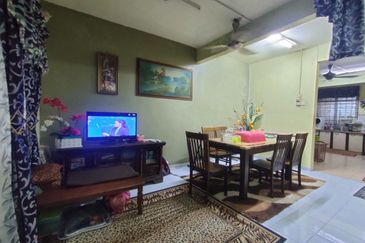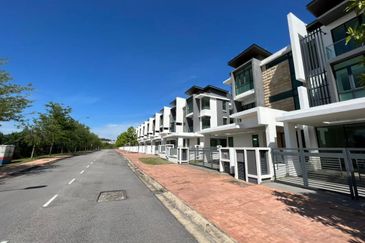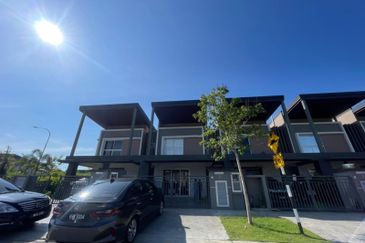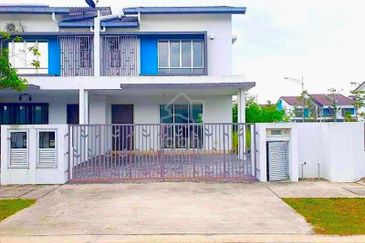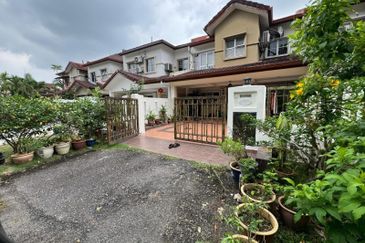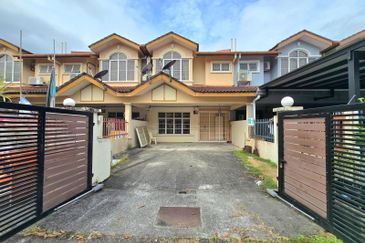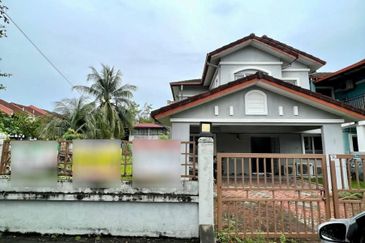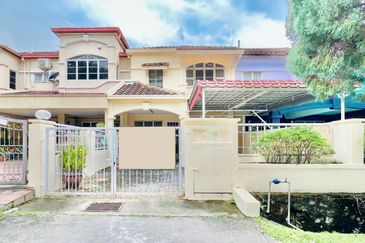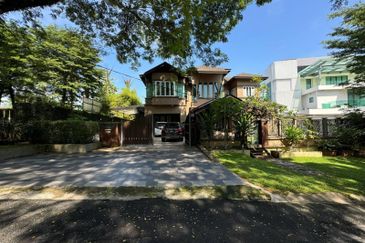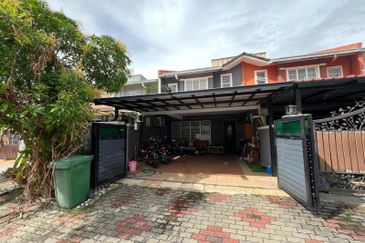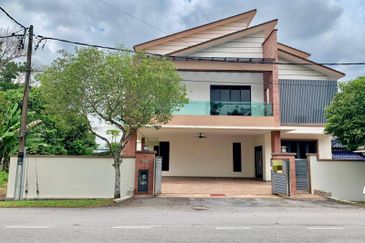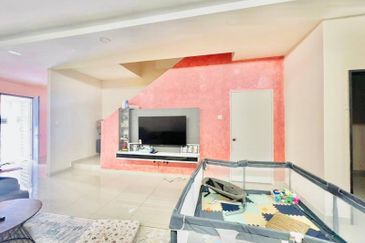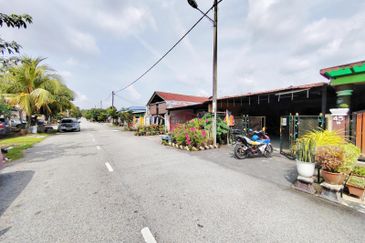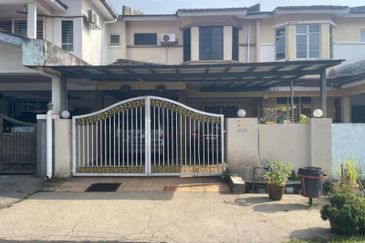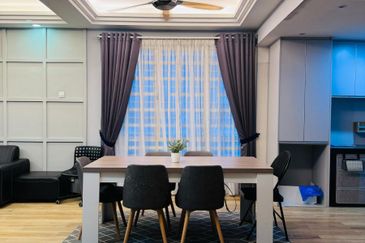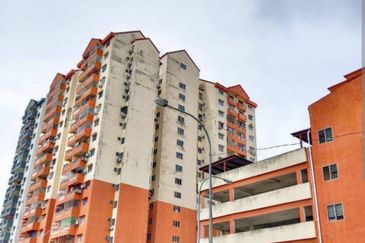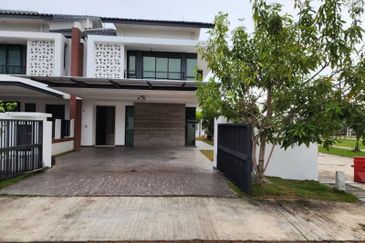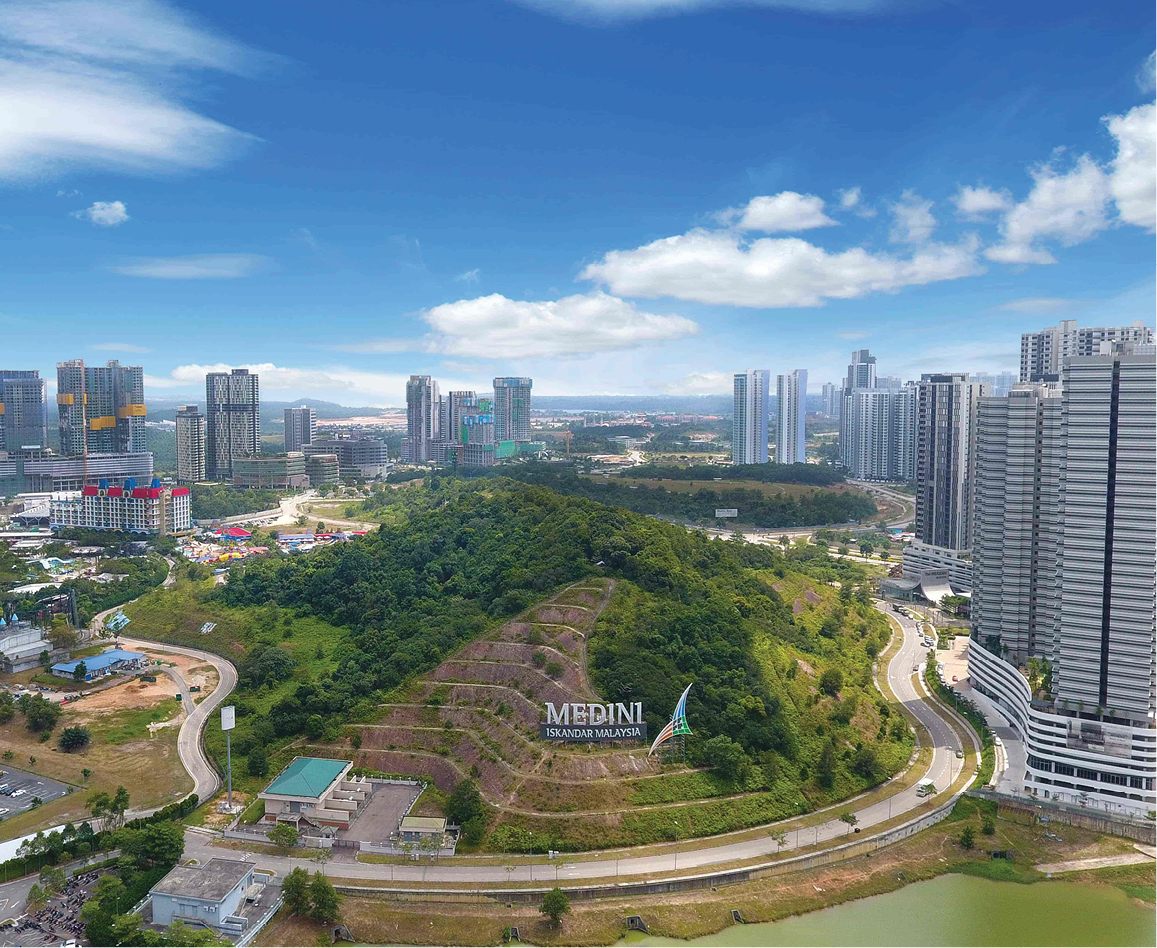
The Private Lease Scheme (PLS) was something unheard of in Malaysia 10 years ago. Being a relatively new concept, many do not comprehend the material differences between PLS and leasehold land. It is very alarming that some even equate PLS to leasehold land.
Read also
Ramifications of leasing out freehold land under Private Lease Scheme
It was reported in the media the PLS was first mooted by Iskandar Investment Bhd (IIB), the strategic developer of Iskandar Malaysia, Johor. The idea is that IIB, being the land owner of Medini, will grant leases over the Medini freehold land to various third parties.
These third parties will then act as housing developers, selling both the properties and the leases to end-purchasers. At the end of the lease period, the land will revert to IIB as the transaction was merely a lease transaction and will not affect IIB’s freehold title ownership.
One of the main justifications of PLS is that local ownership of land can be retained as it is being sold to foreign purchasers. It’s merely a long tenancy (sub-lease) with upfront payment instead of monthly rent. There are no proprietor rights on leases and sub-leases.
It was also reported the lease tenure granted by IIB in Medini is 99 years with a possible extension of up to 30 years. Proponents of PLS argue that it is better compared to state leasehold land because the former’s extension is based on the agreement between parties to the lease i.e. if there is a contractual obligation, then there is a guaranteed extension; unllike leasehold land which carries a tenure of only 99 years without any guarantee of extension.
We contend that this argument is an oversimplification of the issues connected to PLS and does not hold water.
State leasehold land — social obligation
Prior to 2017, the then National Land Code 1965 (now revised edition – 2020 and known as Act 828) (NLC) does not contain any specific provisions on the extension of tenure of leasehold land. Such extensions were primarily done based on Sections 76(a), 197 and 204B of the NLC, which respectively stipulate the alienation, the procedures for a proprietor to surrender his/her title to the state authority and the provision of certain powers to the state authority to approve surrender and re-alienation.
With effect from Jan 1, 2017, a new Section 90A of the NLC came into force to specifically address the issue of extension of leasehold land, including the procedures and conditions for its application. Section 90A further provides that the approval for extension is at the discretion of the state authority and is subject to payment of premium.
The retention of this discretion is intended to provide for situations where reversion of land ownership to the state is necessary for the purpose of public development. However, as a matter of public policy and out of social obligation, state authorities will usually approve applications for extension subject to payment of premium, which in certain circumstances, can be a nominal sum.
A case study was the PJ Old Town Section 1 and 2 areas (formerly known as the Effingham Estate built by the British). In the 1950s, the British authorities then granted a 60-year leasehold period to the owners. Towards its expiry, the land owners, now in their senior years, sought the Selangor State Government’s intervention, which successfully extended their leases to 99 years on social grounds and public interest factor, at a nominal premium of RM1,000 with certain reasonable conditions.
Private lease —profit-based
In PLS, the landowners are usually private corporations. The main motivation is to develop their land and sell leases to generate sales and maximise profits. The main attraction of PLS for the landowners is that at the end of the lease period, the right to occupation of the land will revert to the themselves. When this happens, they will be able to repossess the land and redevelop it. In other words, the land will be a cash cow to the landowners who can use it to regenerate profit at the end of each leasing cycle.
Strictly speaking, private corporations are not charitable bodies and they are not obliged to take into account social factors or possess any philanthropic motives in determining whether they want to redevelop the land or extend the lease tenure. Even if the landowners decide to extend the lease tenure, they are entitled to impose renewal premium at their absolute discretion.
The premium payable is decided in the principal sale and purchase agreement (SPA) between the developer and its purchasers. The rate of premium could be a certain percentage of the market value of the parcel at the time of application for extension. It appears therefore that in addition to profiting from the sale of the parcel, the landowner and developer stands to profit again at the stage of application for extensions.
This reinforces our point that PLS is a lucrative business model for profiteering without any obligations as opposed to a lease by the state authority. After all, the extension of a private lease tenure is a private contractual arrangement and public policy argument has no place in the negotiation process.
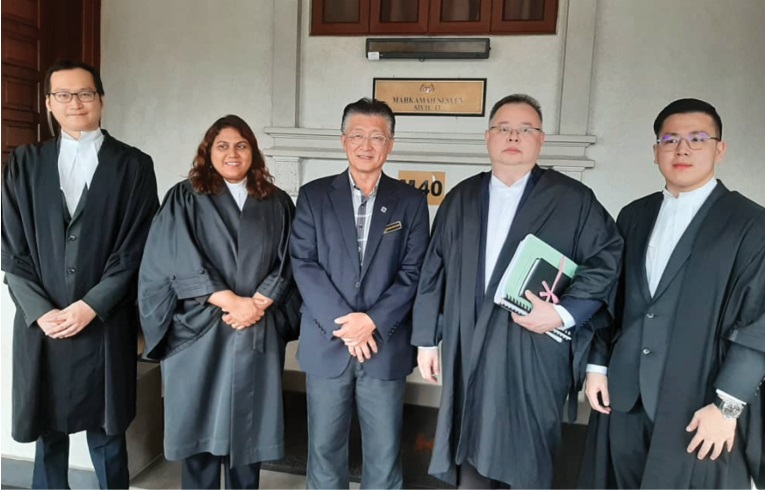
If one cared to read through the terms and conditions of a lease contract, one would realise that it is tilted towards the lessor with conditions and proviso attached for early termination and/or summary determination of the lease or sub-lease contracts.
Members of the public are also forewarned to be careful with any oral promises from any parties to renew lease tenures upon expiry which are not properly documented. The related case study would be the Marble Jade Mansion in Brickfields on issue of “promised” lease extension, but that is another story.
In addition, towards the end of the lease period, the value of the properties under PLS will slump because there is no certainty the tenure will be extended beyond 30 years, which makes the parcel or property unattractive.
A lesson from a case in Singapore
The plight of a group of house owners in Singapore nearing the end of the lease tenure was highlighted in newspapers and social media three years ago.
This group of occupants who consist of mainly retirees and senior citizens have been occupying the leasehold land in Lorong 3 Geylang with a 60-year tenure which is due to expire at the end of 2020. They have been informed by the Singapore Land Authority to move out with no expectation of compensation. The occupiers are now at their wits’ end as to what their future holds.
In contrast to the policy of the Malaysian government, the prospect of lease renewal looks bleak there as it is the policy of the Singapore Government to return land to the state after lease expiry for redevelopment. This is the first time a residential plot will reach the end of its lease period in Singapore. It was reported that many of them are struggling to seek alternative housing to settle down after 2020. Currently, the Singapore Land Authority has appointed officers to guide them through the process.
In Malaysia, under the current PLS in Medini, the question that plagues us is, who is going to undertake the lease renewal processes after expiry? What will happen if the landowners and developers are no longer prepared to undertake this task of renewal because it is not commercially viable? Private landowners and developers are not statutorily bound to perform duties beyond what are contracted in the agreement between them and their purchaser(s). In Singapore, it was the Singapore Land Authority who is managing this process. What about Malaysia?
This case serves as a timely reminder to us that the same situation can potentially happen to us when a private lease tenure expires. While this may only happen to our next generation, the public ought to be wary of the ramifications that can befall our children and generations after them. The risk of being displaced is real for both local residents and foreign purchasers. Our land authorities should have reviewed PLS with more care and consideration for the future consequences prior to approving such schemes.
Victory to 107 condo buyers against developer
The Kuala Lumpur High Court on Oct 7, 2020 allowed a civil suit brought by 107 buyers against the developer of a condominium project known as The Meridin @ Medini in Johor Bahru for breaching the Housing Development (Control and Licensing) Regulations 1989 which caused them to suffer losses. The judge granted a declaration, sought by the plaintiffs, that the SPA was invalid and contravened the Housing Development (Control and Licensing) Act 1966, the Housing Development (Control and Licensing) Regulations 1989, the NLC and Strata Titles Act 1985.
He also granted an order that the defendant shall pay the plaintiffs damages to be assessed by the court as well as liquidated ascertained damages for the late delivery of vacant possession.
Judge Datuk Mohd Sofian Abd Razak, who was the trial judge in the case, said the Court found that their housing developer had misrepresented to the plaintiffs (107 buyers) that they were entering into a SPA to purchase the property and not the purchase of the lease.
It is disastrous to equate PLS to leasehold land. A lot of people are bound to miss the “forest for the trees” by buying a property under PLS, thinking that it is a state lease property.
Datuk Chang Kim Loong is the Hon. Secretary-General of the National House Buyers Association (HBA).
HBA can be contacted at: Email: [email protected]
Website: www.hba.org.my
Tel: +6012 334 5676
This story first appeared in the EdgeProp.my e-Pub on Nov 6, 2020. You can access back issues here.
Get the latest news @ www.EdgeProp.my
TOP PICKS BY EDGEPROP
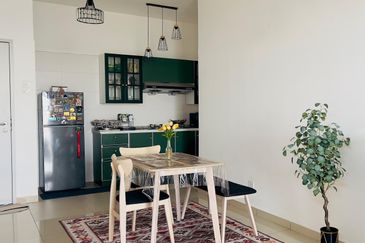
Perdana Park, Bandar Tasik Puteri
Rawang, Selangor
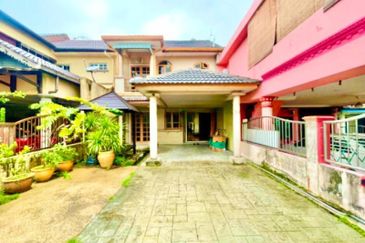
Jalan Suasana, Bandar Tun Hussein Onn
Batu 9th Cheras, Selangor
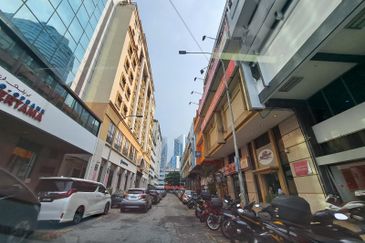
Jalan Sultan Ismail
KL City Centre, Kuala Lumpur


